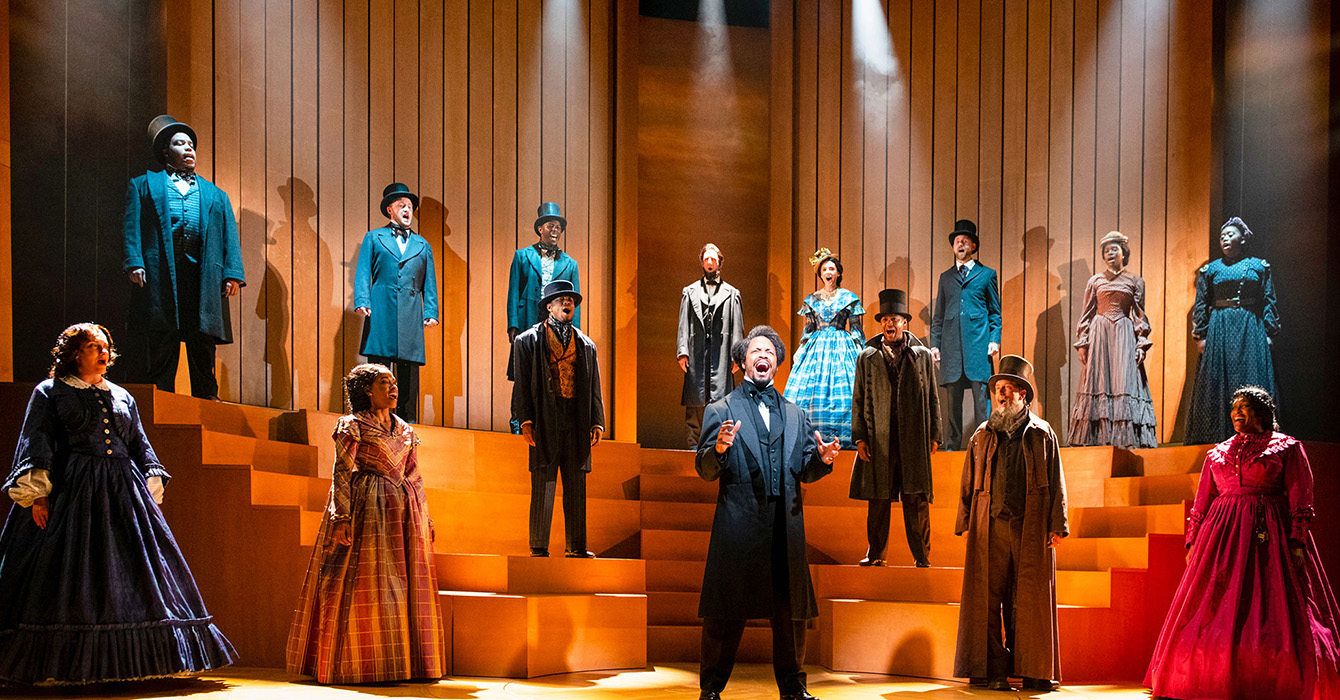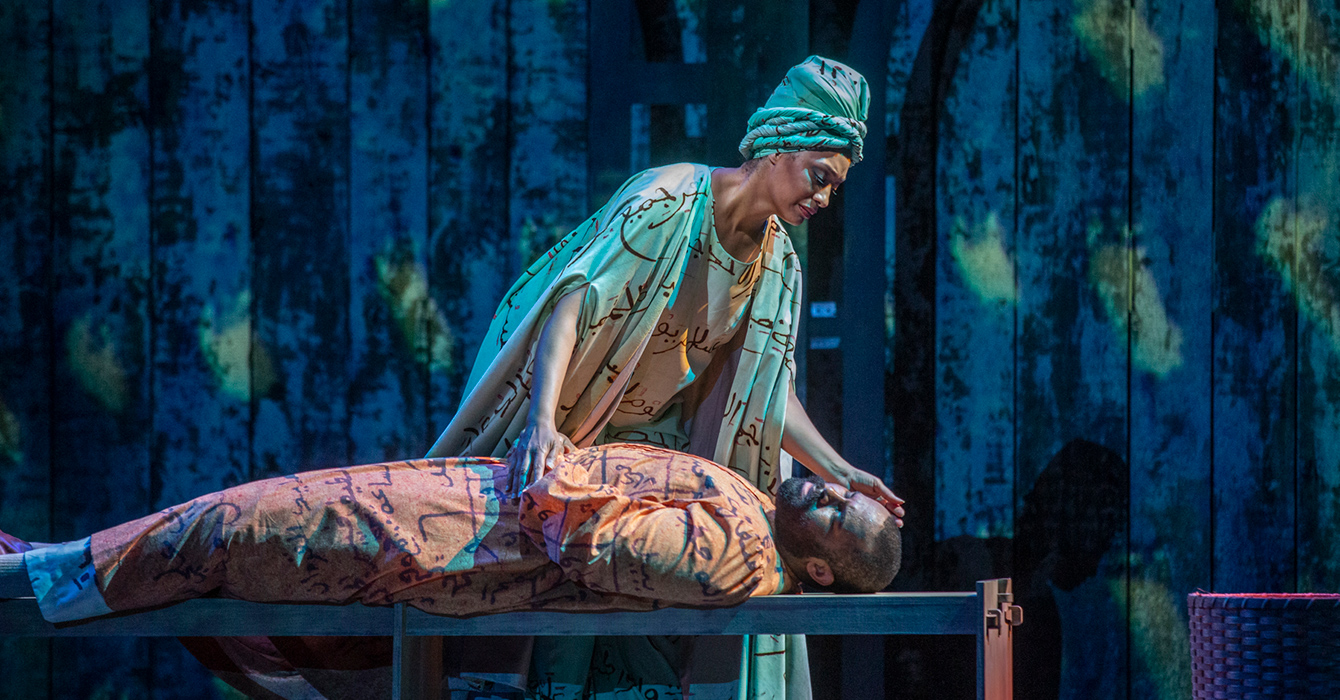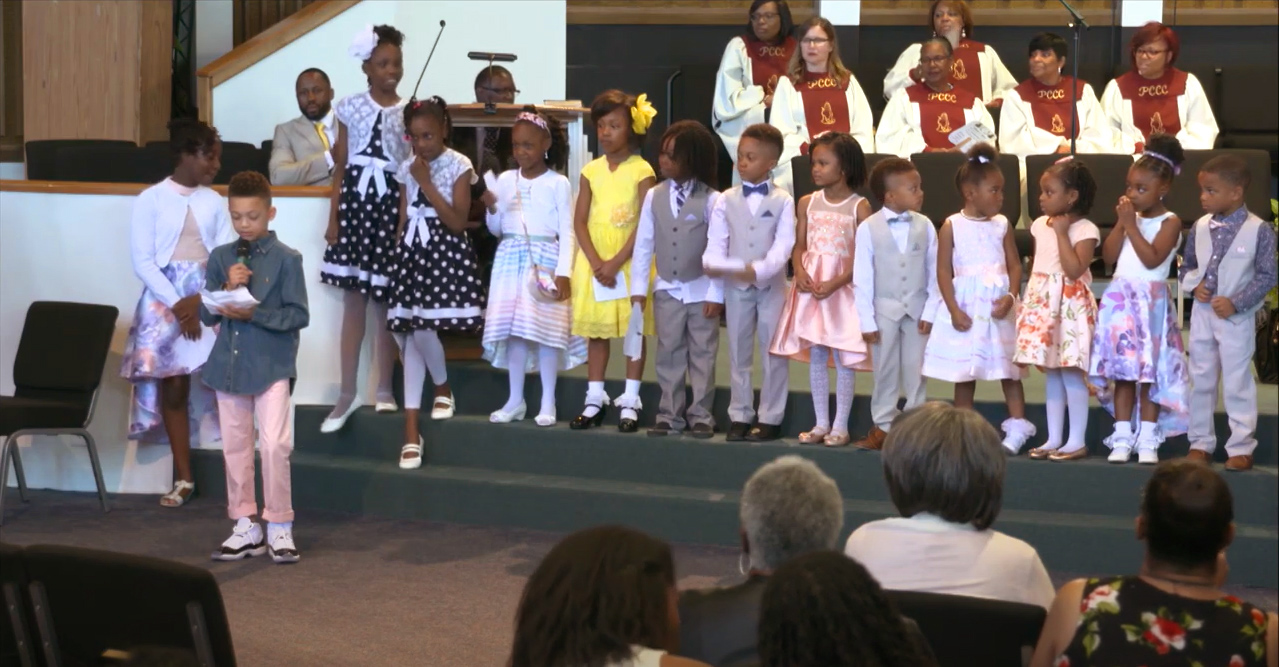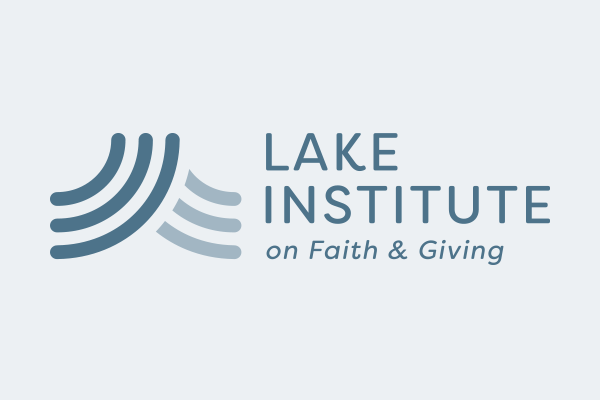Carrie Newcomer’s favorite game as a child was “Makin’ Songs.”
“What are you doing, Carrie?” someone would ask her. “I’m makin’ songs,” she would say.
After releasing 13 albums, touring with Alison Krauss and Union Station, and being named one of the 50 most influential folk musicians in the past 50 years, she still feels the same.
“I’m so happy when I’m making songs,” she said. “So I keep creating things and I keep stepping into the unknown to make something different and hopefully something worthy. ...
“If you follow your heart, it takes you where you need to go,” she said. “It’s rarely where you thought you would be. You might end up in the middle of India.”
Newcomer, who lives in southern Indiana, spent a month in India in fall 2009 as a cultural ambassador for the U.S. Embassy. There, she held concerts, worked on community service projects, and met Amjad Ali Khan, whom she calls “the pre-eminent sarod player in the world,” and his two sons, Ayaan and Amaan, both also Indian classical musicians.
Newcomer and the Khans spent an afternoon swapping songs, which led them to decide to record together. When their album is released in India in August, Newcomer will return there for joint performances. The album will be released in the U.S. in September.
“It really was just stepping out in faith, because there’s probably nothing more divergent than being an Indian classical musician and a Western singer-songwriter,” she said.
Newcomer spoke with Faith & Leadership about collaborating with others, the practice of silence and listening, and how faith influences her music. The following is an edited transcript.
Q: How would you characterize your spiritual orientation?
I wasn’t raised a Quaker, but I have attended an unprogrammed Quaker meeting for, gosh, 30 years. So that is what I call my spiritual home now.
My father came out of an Amish and Mennonite and Methodist background, and then my mother came out of a Roman Catholic background, which makes me the only Italian-Amish person on the planet, I think.
One of the things I love about what I do is I get to visit many different kinds of worship communities, but I always come back to the silence. People will ask me, “Carrie, you make your life in sound and you attend a silent Quaker meeting. What is that about?” I have to say, my best language has always come out of the silence.
When I take time to listen and reflect -- that’s when my best language emerges. Praising is important, and we ask God for things and we talk at God a lot, but I think my best songs have always come out of the times when I listened most carefully to the Spirit.
Q: How does the spiritual component fit into your creative work?
There’s a spiritual component to my songwriting because there’s a spiritual component to my life.
A long time ago I decided that my most powerful work would always be my most authentic work, and I decided not to censor it. I don’t censor what I write about, and I guess in some ways that’s why I’m put in the category of folk singer, because I’m not remaining within a very narrow range of what I’m writing about.
In popular music, you write about romantic relationships, mostly. But I’ve really chosen to write about all kinds of relationships, and some of that is romantic and some of it is family relationships and community relationships, spiritual relationships -- I try to write about it as a whole.
Q: You said that some of your best work comes out of the practice of silence and listening. How is that practice reflected in your work?
I live out in the middle of the woods, but it’s interesting, because I go out and my work is very people-oriented, and I love people. People are amazing. They will surprise you. They will bewilder you. They will inspire you.
I do a lot of writing when I’m traveling, and I’ve had to learn how to write in about any circumstance. Airports are great for character studies, and I’ve written in restaurants and hotel rooms and on the back of napkins. I write essays, short stories and poetry.
But when I go home, that’s usually when the songs happen, and that’s when I’m taking the time to work with all these ideas, conversations and stories that I’ve been encountering. That’s when I go to the silence and go to that quiet space to write.
There’s a wonderful Billy Collins poem in which he talks about the artist’s and the poet’s work. When I read it, it inspired a song. The song is on my last album; it’s called “I Meant to Do My Work Today.”
Sometimes our most important work is to sit and to watch and to listen and to daydream.
Q: One of the fascinating things about your work is that you’re willing to cross borders and collaborate with musicians from different traditions, including Indian classical musicians like the Khans, and to work with writers such as Barbara Kingsolver. How did these collaborations come about, and why do them?
I’ve made 12 albums with Rounder Records, and every one is a new album. Why would I want to do the same thing again as an artist? I think I’m restless, and I love story and I love literature. I love reading, and I’m just a little bit of a theology nerd. I probably have the largest library of spiritual books of anyone who is not a theologian.
It’s been interesting just through personal encounters to meet people like Scott Sanders and Parker Palmer. Usually, there’s a personal connection that happens. We know each other because of our work, and we find out that we really enjoy one another as people as well as artists. Then it grows out of that pretty organically: “Let’s do something together. Wouldn’t it be fun to do something with this book? Wouldn’t it be interesting to play around with this idea?”
I feel so fortunate and so blessed that I get to not only admire someone’s work and be moved by their work, but I also get to know them as a person and create new creative projects with them.
I think that idea of stepping into something new and creative is very attractive to me, but it doesn’t come without risk. Every time you step into a new situation like that, well, you could fall right on your face. There’s a certain vulnerability that you agree to as an artist.
As human beings, especially when we become an adult, we like to be competent at what we do, and we work hard to learn skills and to be responsible in the positions we work in. It’s hard to go back to a beginner’s mind. It’s like, “Wow. I don’t feel competent in this at all, but what skills do I have? What am I pulling from?”
Well, I’m pulling from a lifetime of writing songs and a lifetime of loving people and music and writing from the spiritual well. So I can pull from all these things I do know and all these things I do love and bring them to the table, but still then step into a new and creative territory.
There’s a line in one of my songs that says, “It’s not the things I’ve gone and done I’ll regret or be ashamed/ But the things I did not say or do, just because I was afraid.” And I feel that way. I really do.
Q: What do you hope people take away from your music?
Every now and then someone will say to me after a show, “You know, I was listening to your songs, and it made me want to go out and write a song myself.” Or, “It made me want to go out and paint a picture.” Or, “It made me want to dance.” So the idea that something I’m doing would encourage someone else to write their own song, to paint their own picture or to write their own essay -- that’s pretty wonderful. It’s one of the nicest compliments that a person can give me.
Also, I think a lot of what I do is very much storytelling. We’re a narrative people, and there’s a certain kind of access that people give you with a story. If you stood up at a pulpit and you were speaking an idea, people would only leave their hearts open for so long. No one likes to get hit on the head, so they shut down.
But if you tell a story -- if you tell people an authentic story, an honest story, a human story -- they will leave their hearts open just a little bit longer and will listen to it and consider it.
Often, a lot of what I write about is finding something sacred in an ordinary day. We live such busy lives that it’s very easy to not be present in our own life. We’re all so busy, but then when we’re here in the present moment, that’s when your life happens. That’s when I see miracles. That’s when the story happens.
You can’t write about a story if you’ve missed it because you were too busy. So I write a lot about finding something sacred in an ordinary day and in a moment.
I do workshops as well as performances. I enjoy the process of facilitating others’ stories.
Sometimes in workshops I’ll have someone say, “Well, there’s nothing too exciting about me; I’m from Ohio.” Then they’ll proceed to write the most amazing things -- stories about family and struggle and grief and the hollyhocks beside their grandmother’s house.
So what I hope people take from my art is a sense of community -- a sense of “Aren’t we all in this together and aren’t we all so human, and isn’t that holy, isn’t that a sacred thing that we share together?”
Q: What is your message for Christian institutional leaders?
One of the things that I’m so encouraged with right now is that I am seeing a greater interest in developing more creative approaches to leadership, to church community and to worship community. I’m seeing the arts being embraced and being invited in a new and powerful way.
Language and the ways that we usually operate in our culture are wonderful tools. I love language, and I’m a writer. But at the same time, there are ways that we receive information and there are ways that we learn that come through the heart. They come in through image. They come in through music. They come in through movement in a very different way. And when we learn in that way, we take it to our heart.
So I’m very excited to see this new invitation and this interest in learning through the heart as well as through our head. Not that one is good and one is bad, but that we’re utilizing both.
Q: How do you teach others to learn through the heart?
I think narrative and storytelling is often a way to our heart. We know how to tell a story, generally. On airplanes, ask people sitting next to you, “Tell me about your grandma.” They’ll look at you a little bit wild and then they’ll tell you the most amazing story about their grandma and grandpa. Don’t ask about their parents, because that’s a little too close. But if you ask them, people will tell you wonderful stories.
Also, everybody has the things they did as little kids in which they would lose track of time when they were doing them. For some people, that’s the elegance of mathematics or being in the backyard looking at the bugs; or it’s music, creating group games or getting everybody in the neighborhood to do a play together.
People have things that, just by their nature, they love. And if you ask them to tell you what they loved to do as a kid, people light up like little light bulbs.
I like to remind people of that. I like to ask them, “What is it you love?” It’s not selfish to do what you love. The finest things you’ll ever give in this world will probably come out of what you love.
The closer you get to what you love deeply and truly, the more powerful your work will be, because the more potent your life becomes. Why would you want to give anything but your most potent contribution?







